Supporting A Queen
On September 20, 1987, Jackée Harry became the first African-American woman to receive a Primetime Emmy Award for Outstanding Supporting Actress in a Comedy Series. Her win, for her role as Sandra Clark on 227, cracked the door open for Black female comedic actresses—but it would be 35 years before another would walk through it and onto the Emmy stage to accept that same award. On September 12, 2022, Sheryl Lee Ralph was that person.
“When they called your name for your Emmy, I said, ‘Wow, this is bigger than I thought,’” Harry says, in conversation with Ralph for the Abbott Elementary star’s Of The ESSENCE digital cover. “Being the first is hard. Being the second is harder, but it’s fabulous.”
“It’s so amazing,” Ralph responds.
Ralph and Harry were both born in 1956 and bred in New York, and they both worked on Broadway early in their careers. Though their paths diverged after that, their journeys through Hollywood have been similar, as entertainers coming up in an era when opportunities for Black women were more rare. Yet, as they both share, one thing’s for sure about show business: You can’t live in the past.
Jackée Harry: You and I are sitting here, and we’re over 40.
Sheryl Lee Ralph: Over 50. Welcome, 60. Hey!
Harry: But we’re both still working. How rare is that? Speak on it, girl.
Ralph: Very, very. What people don’t know is it is easy to disappear in the industry. After you turn 40, people just don’t see you anymore.
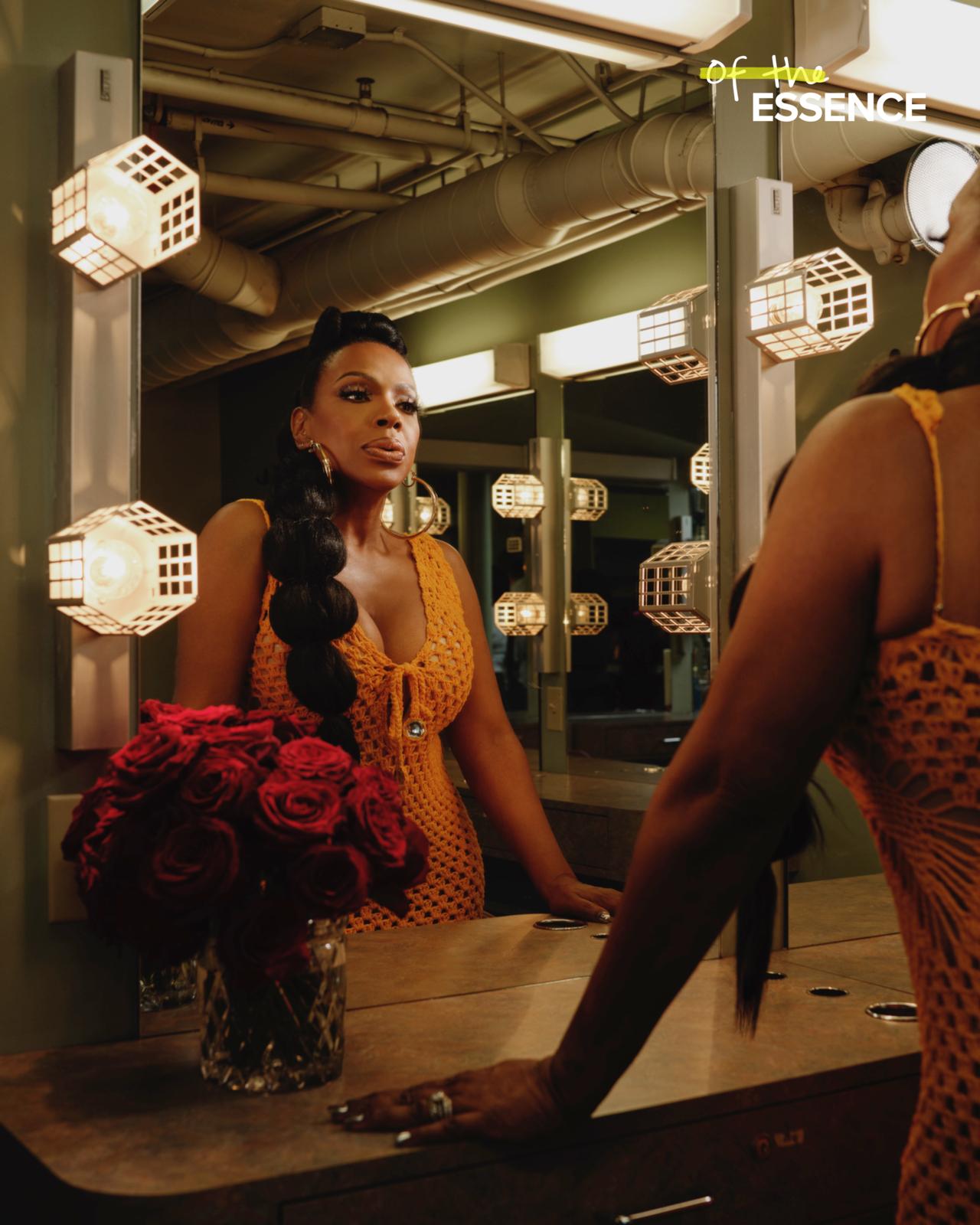
Harry: I didn’t think I’d be working today. I thought I’d be in San Diego, retired in my condo-—somewhere near the beach, with young boys. Well, not too young. Maybe 50, 51.
Ralph: I always said to myself I was going to be Betty White, Black.
Harry: Why?
Ralph: Oh, because Jackée, I love what I do. And what I do has given me an incredible platform to talk to people and address things like health issues, well-being, all of that. And to create a space that is good for everybody. When I hit the room, I want there to be an explosion of joy. I want people to be happy, feel seen and know that things are possible.
Harry: You always had your career planned out, didn’t you?
Ralph: Yes. I always knew that there would be younger people behind me, and I always knew in my mind that I would have children. And I wanted to have the kind of career that my children, my family, my community, the people that loved me could look at and say, “That’s our Sheryl Lee Ralph.” I embraced the label “role model” because there were never enough of them on TV for you and me.
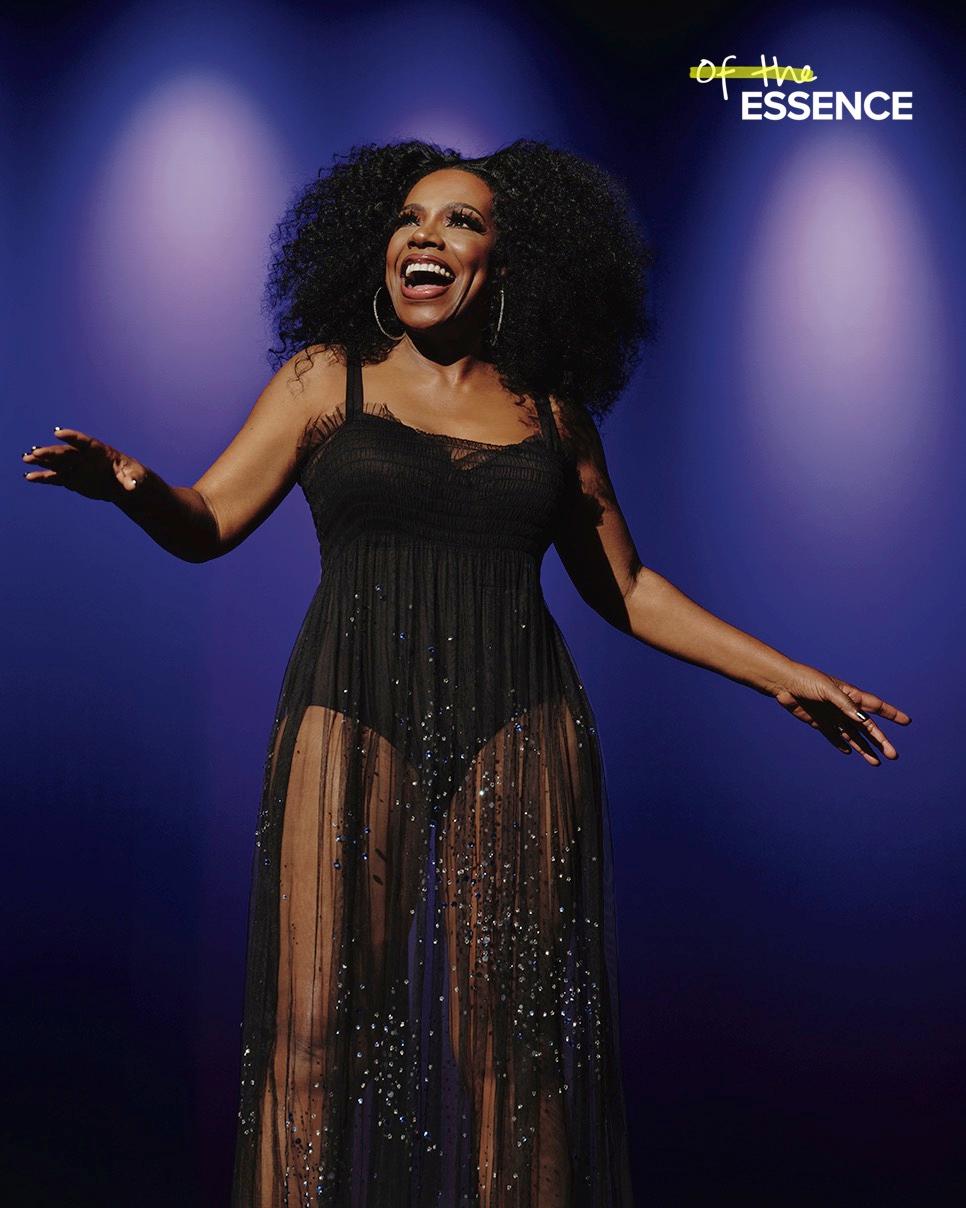
Harry: We both played popular moms on television in the ’90s. You starred alongside Brandy in Moesha, which I love.
Ralph: That was a great time for me. I remember walking into the room and seeing this young Black girl with her braids, just doing her thing. And I remember thinking of when I was her age, dreaming about coming into the industry, and being a teenager and wearing my braids—and having producers say things like, “It’s a very unnatural hairstyle. Can’t you just find something more natural?”
Harry: How did that make you feel?
Ralph: Oh my gosh. So tiny. And I remember having to ask him, “Natural for whom? This is me.” But what was so interesting is that even later on, when the pilot came up—I think it was Sanford Arms—the producer told me I just wasn’t Black enough, and I was like, “Wow.”
Harry: And what does that mean?
Ralph: Exactly. I wasn’t Black enough for you.
Harry: I was told I wasn’t Black enough in terms of my skin color. When they tell you that, it makes you so angry. And then it makes you so sad.
Ralph: Years later I saw that producer—he’s since passed—and he said, “I am very sorry.” And I said, “It’s all right.” I let him apologize, and I was happy that he knew better now.
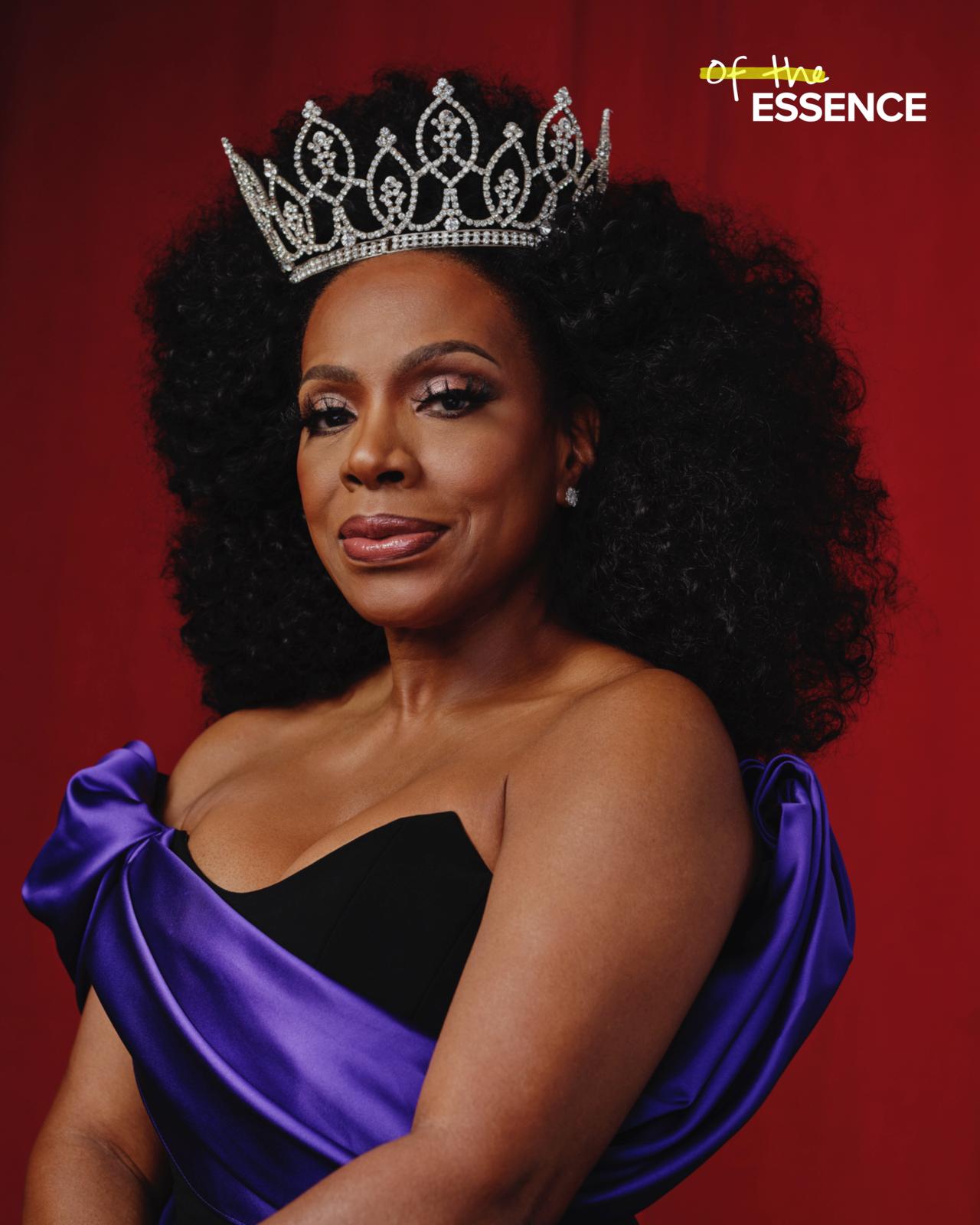
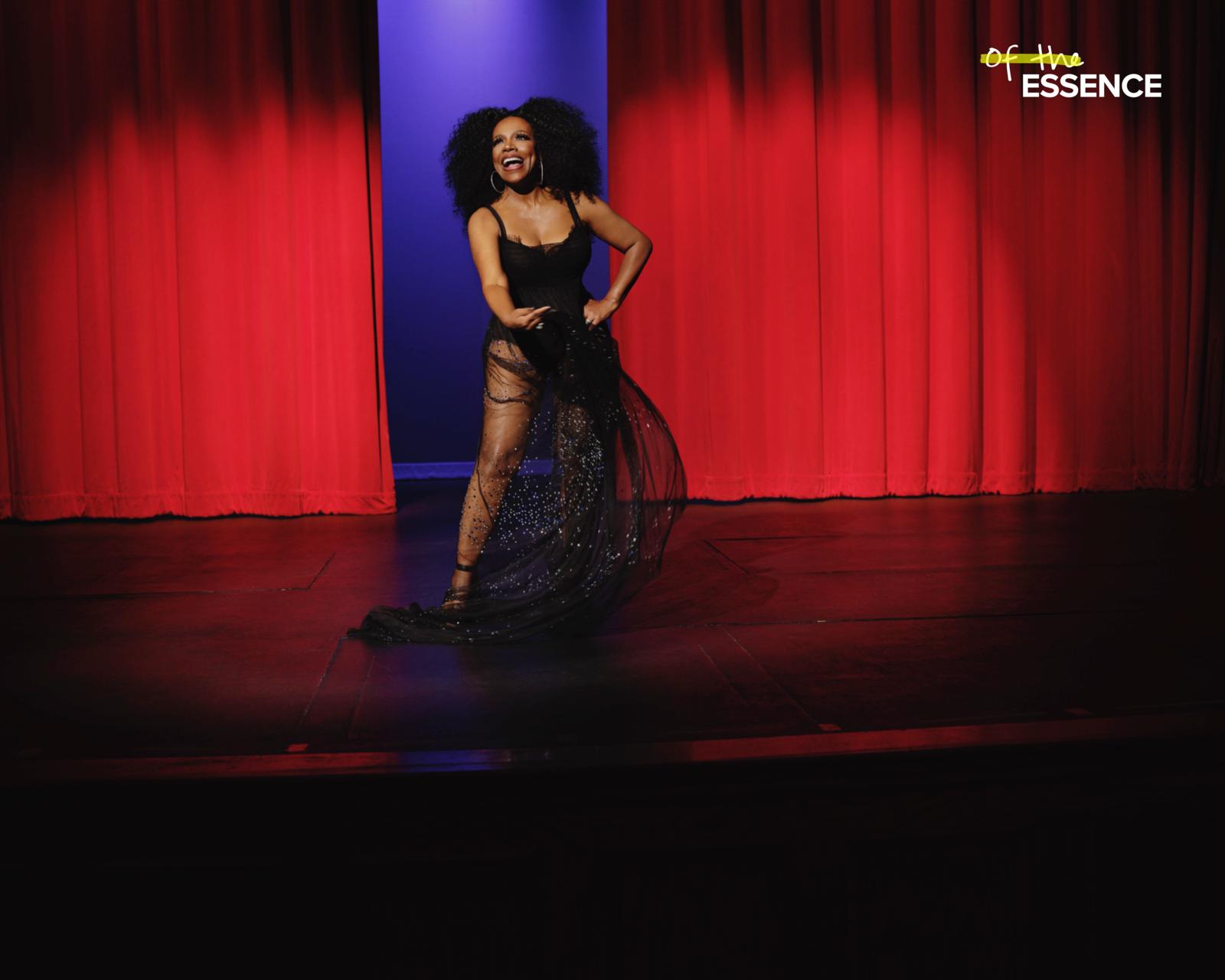
Harry: I remember you from Dreamgirls, like everybody does. The original Deena Jones. But I must say, I felt that you guys didn’t get your due from the play to the movie. I know that’s quite a broad statement, but you never got your flowers.
Ralph: You know something, Jackée? You and I have been around long enough to realize that everything comes around the way it is supposed to come around. Yes, they ignored us when they made the movie. Whatever that choice was, it hurt my feelings, because we literally created Dreamgirls. Tom Eyen handpicked us, put us all together—and we improvised and put those moments together that became that groundbreaking musical. And when they chose to go to Hollywood and make the movie, to act like we weren’t a part of it—there were so many things they could have done. They could have added us, but the choice was made not to. And God and Goddess know why. I’m just like, “It’s okay.” Because we are moving forward.
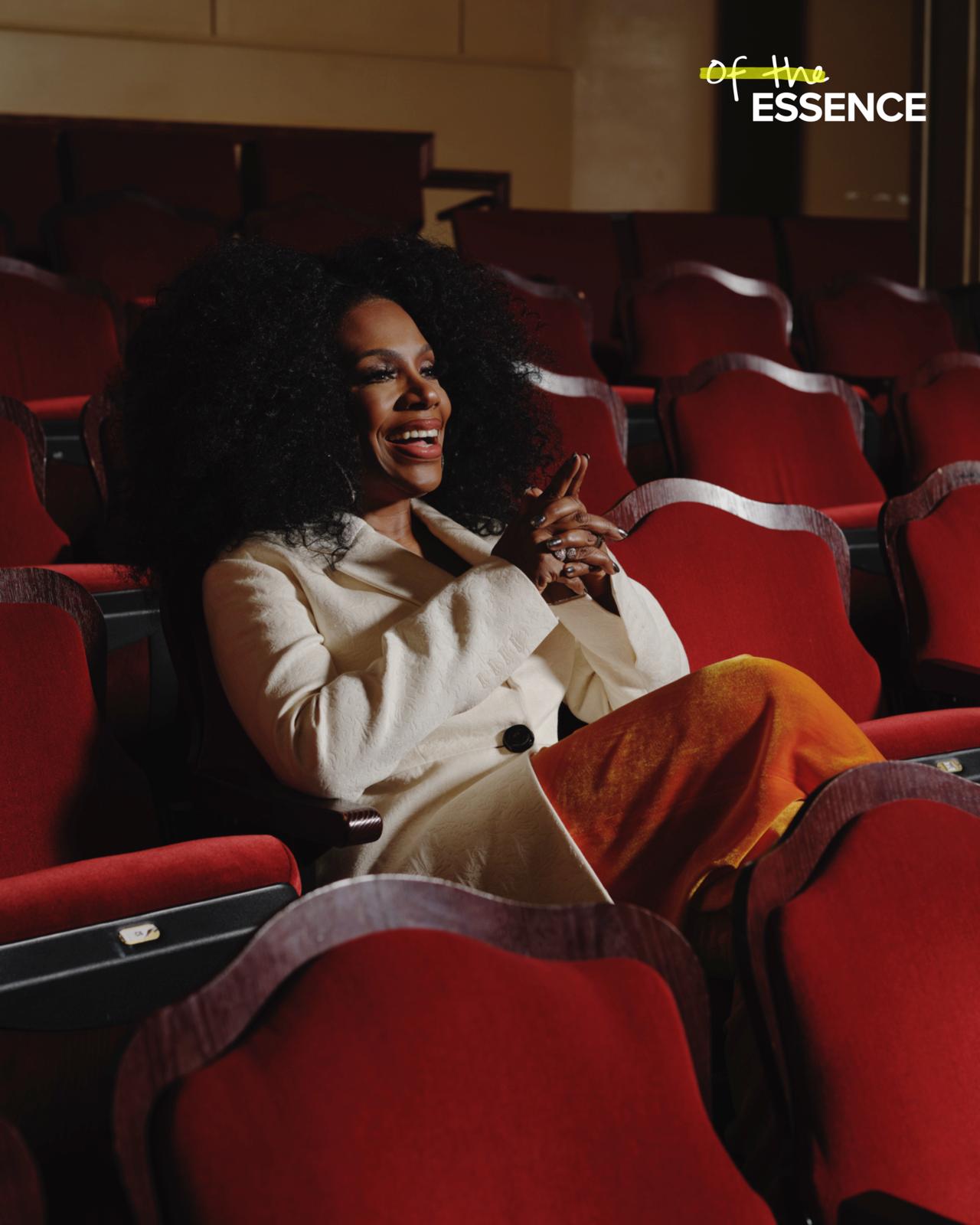
Harry: It’s show business. You can’t live in the past. But don’t get amnesia. That’s what I say.
Ralph: That right there. Make it be lipstick and lashes under the bridge, baby.
Harry: Forever.
Ralph: A great lesson is find your joy and hold onto it. Don’t let anybody take it away from you.
Harry: Joy can’t be given, and it can’t be taken away once you have it.
Editor’s note: Quotes have been condensed and edited.
Photographed by Shaniqwa Jarvis
Talent: Sheryl Lee Ralph and Jackée Harry
Styling by Jason Rembert
Hair by Moira Frazier using Ariom Collection
Makeup by Mila Thomas using The Lip Bar at Basic White Shirt Mgmt
Nails by Temeka Jackson using Daily Charme at A-Frame Agency
Set Design by Winston Studios
Tailor: Travis Thi
Photo Assistants: Keith Kleiner, Jimmy Kim, Zach Callahan
Digital Technician: Jordan Zuppa
Stylist Assistant: Wilton White
Set Design Assistants: Diego Lopez, Gabriella Ruiz
Photography Direction by Michael Quinn
Production by The Morrison Group
Production Manager: Eve Van Dyke
Production Coordinators: Gabriel Bruce
Production Assistants: Frank Benkovic, Alondré Peoples
Special Thanks to Covina Center for Performing Arts


